Illness is the doctor to whom we pay most heed; to kindness, to knowledge, we make promise only; pain we obey
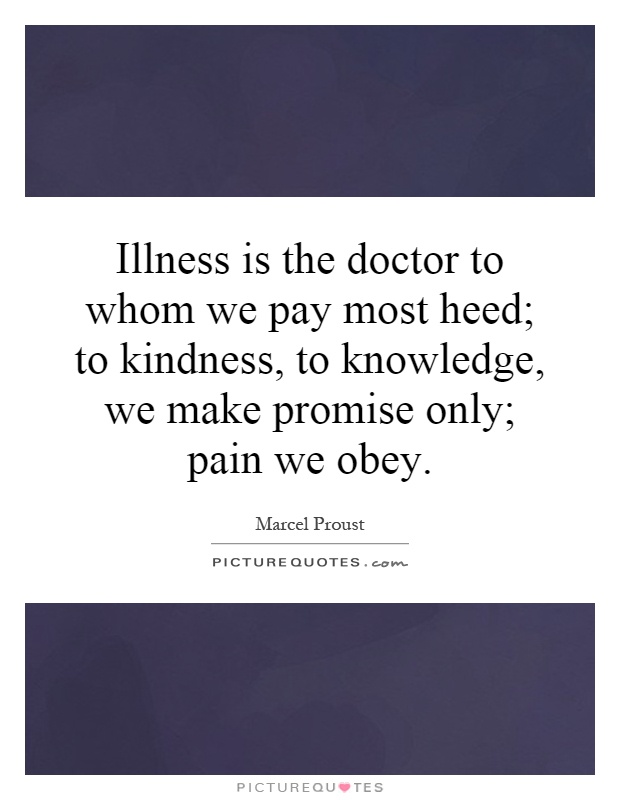
Illness is the doctor to whom we pay most heed; to kindness, to knowledge, we make promise only; pain we obey
Marcel Proust, a French novelist and essayist, is known for his intricate exploration of memory, time, and human relationships in his seminal work, "In Search of Lost Time." In this quote, "Illness is the doctor to whom we pay most heed; to kindness, to knowledge, we make promise only; pain we obey," Proust delves into the complex nature of human suffering and the ways in which we respond to it.Proust suggests that illness holds a unique power over us, commanding our attention and demanding our obedience. When we are sick, we are forced to confront our mortality and vulnerability, leading us to prioritize our health above all else. Illness becomes a relentless teacher, imparting lessons about the fragility of the human body and the impermanence of life. In this sense, illness serves as a doctor whose authority we cannot ignore, compelling us to listen to its warnings and follow its prescriptions.
On the other hand, Proust contrasts illness with kindness and knowledge, suggesting that we often pay lip service to these virtues without truly embodying them. While we may make promises to be kind and seek knowledge, our actions do not always align with our intentions. Kindness and knowledge require effort and commitment, whereas pain and illness demand immediate attention and compliance. In this way, Proust highlights the discrepancy between our professed values and our actual behavior, suggesting that we are more inclined to prioritize our physical well-being over our moral and intellectual growth.
Ultimately, Proust's quote speaks to the complex interplay between suffering and self-discovery, highlighting the ways in which illness can serve as a catalyst for personal transformation. By acknowledging the power of illness to shape our lives and influence our choices, Proust invites us to reflect on the ways in which we respond to adversity and the lessons we can learn from our experiences of pain and suffering.
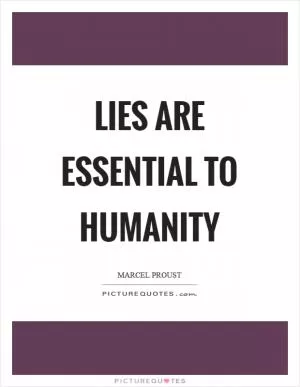
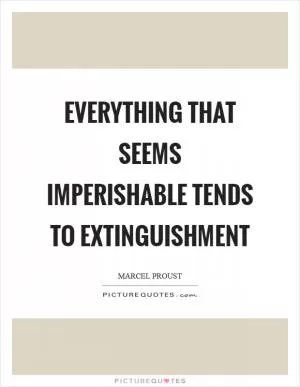

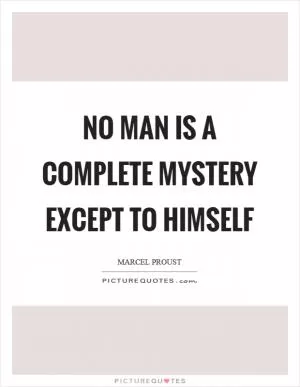
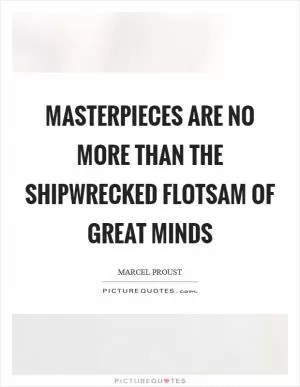
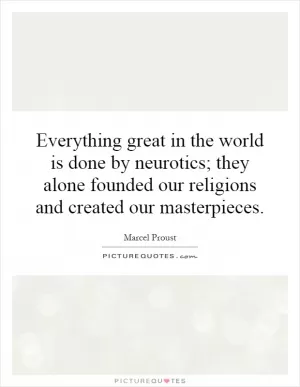
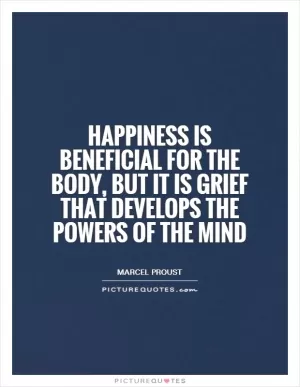
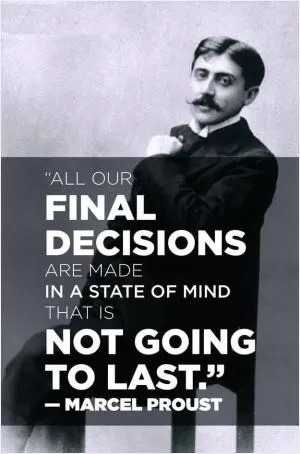


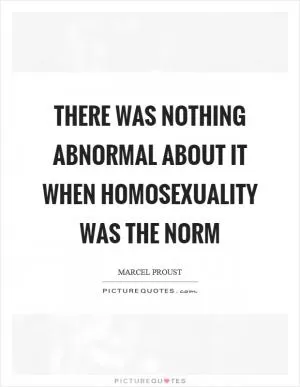

 Friendship Quotes
Friendship Quotes Love Quotes
Love Quotes Life Quotes
Life Quotes Funny Quotes
Funny Quotes Motivational Quotes
Motivational Quotes Inspirational Quotes
Inspirational Quotes